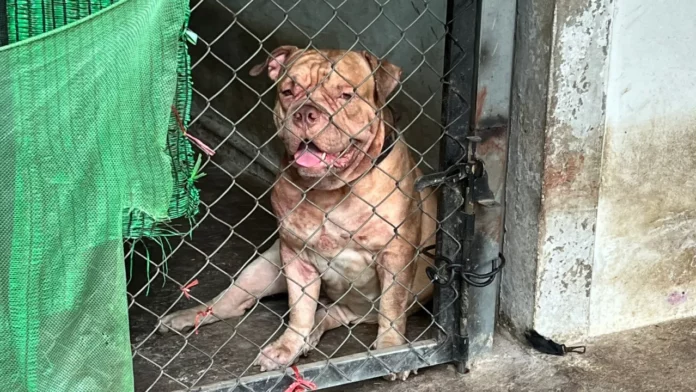In this week’s legal corner, brought to you by our partners at Anglo Siam Legal in Pattaya, we delve into a trending topic in Thai national news: dog attacks.
Recently, there have been two reported cases in Thailand involving individuals being attacked and killed by dogs. We covered these incidents here.
Let’s examine the laws in Thailand concerning this issue:
In Thailand, if a dog owned by someone bites or injures another person, the owner is typically held liable for the damages incurred. Here are some important points to consider:
Civil Liability: Per Section 433 of the Thai Civil and Commercial Code, the animal’s owner is responsible for compensating the injured party for any damages caused by the animal. This includes medical costs and any other expenses directly associated with the injury.
Criminal Liability: If the owner is found negligent, they may face criminal charges under Section 300 of the Penal Code. This applies if it can be established that the owner was aware that the dog was agitated and failed to control it, resulting in serious bodily injury. Penalties could include imprisonment for up to three years and a fine of up to 6,000 baht.
Local Regulations: In cities like Bangkok, there are additional rules requiring dog owners to manage their pets to prevent harm or annoyance to others. This includes keeping aggressive breeds on leashes and muzzled in public areas. Fines for failing to comply can reach up to 5,000 baht.
In cases where a stray dog bites or injures someone in Thailand, the situation becomes more complicated:
Lack of Direct Ownership: Since stray dogs do not have identifiable owners, it can be challenging to hold anyone accountable for damages. As a result, the injured party may not be able to seek compensation in the same manner as they would if a pet dog was involved.
Local Authorities’ Responsibility: In certain instances, local authorities might be liable for managing stray animal populations. If it can be proven that these authorities were negligent in keeping stray dogs under control or ensuring public safety, there might be potential for a claim against them, although this can be difficult to establish and may require legal support.
Public Health Initiatives: Local governments typically implement measures to manage stray dog populations, including vaccination and sterilization programs. If bitten by a stray dog, it is crucial to report the incident to local health authorities for appropriate medical care and to help mitigate future occurrences.
Community Efforts: Some communities have initiated collective efforts to care for and manage stray dogs, which can involve feeding, vaccinating, or even adopting them. While this does not directly address liability, it may help diminish the likelihood of attacks.
In practice, private financial settlements are often reached between parties without resorting to legal action after a dog attack in Thailand, especially when the dog has a known owner. However, if the dog is a stray, securing compensation can be extremely difficult, if not impossible.
It is also essential to understand that if the attack victim was trespassing on private property, whether knowingly or unknowingly, liability laws may vary significantly, and the owner may not be held accountable in Thailand. Additionally, it is uncommon for a dog to be euthanized following an attack, even in fatal cases, due to varying cultural attitudes compared to the West. Therefore, seeking legal action aimed at putting the dog to sleep is highly unlikely to succeed.
For any questions or assistance regarding legal issues, including those arising from dog attack incidents, consider reaching out to Anglo Siam Legal at https://anglosiamlegal.com or 033-138-420




